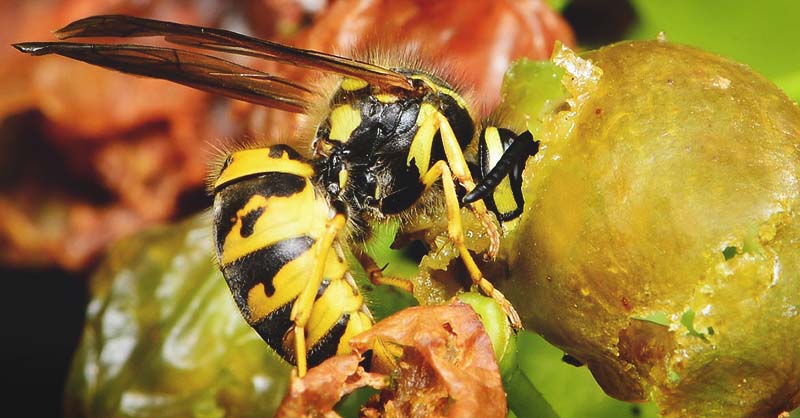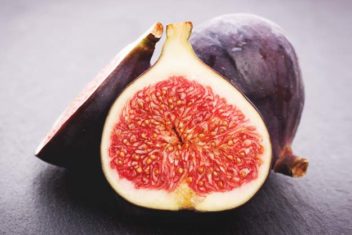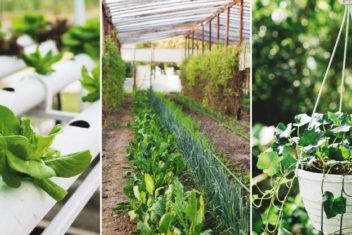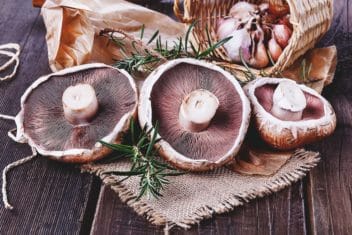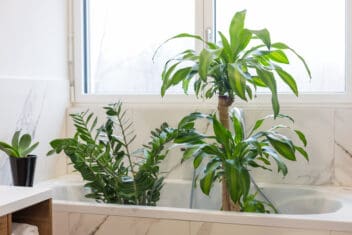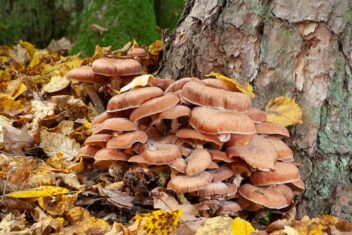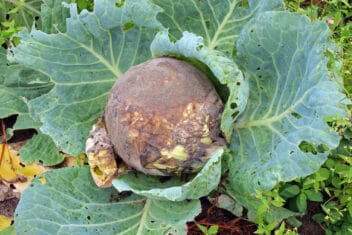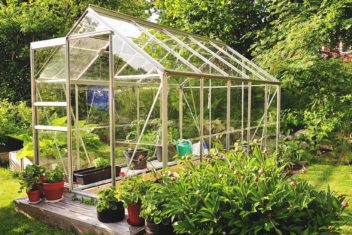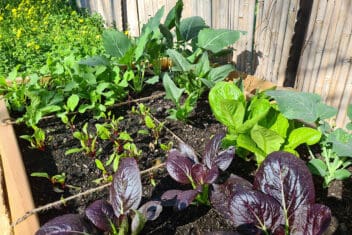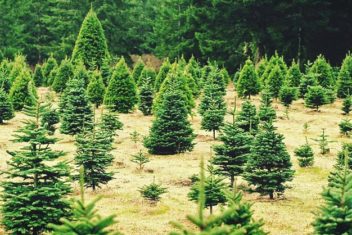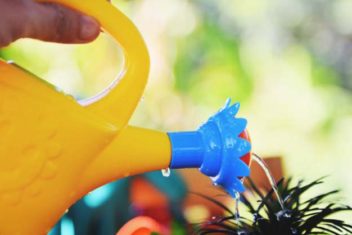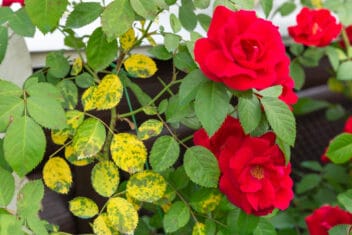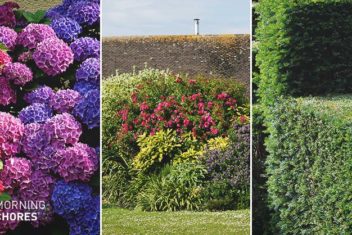Do you find yourself running for cover when a wasp starts buzzing around your head or do you find yourself fascinated by them?
Have you ever wondered what do wasps eat and draws them to your space?
Whether you’re curious about how to keep them away from your home, or if you’d like to know more about them in general, I have you covered.
I’m going to walk you through what a wasp eats and hopefully, this will either help you keep them away from you or give you a greater understanding of how wasps can be beneficial creatures around your homestead.
Here’s what you need to know about wasps:
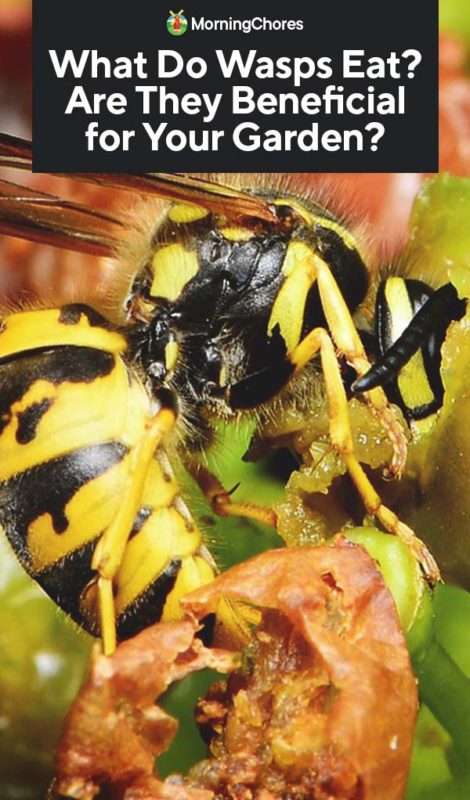
What Do Wasps Eat?
Wasps aren’t finicky creatures. They eat a little bit of everything. Here are their favorite items to dine on:
1. Bugs
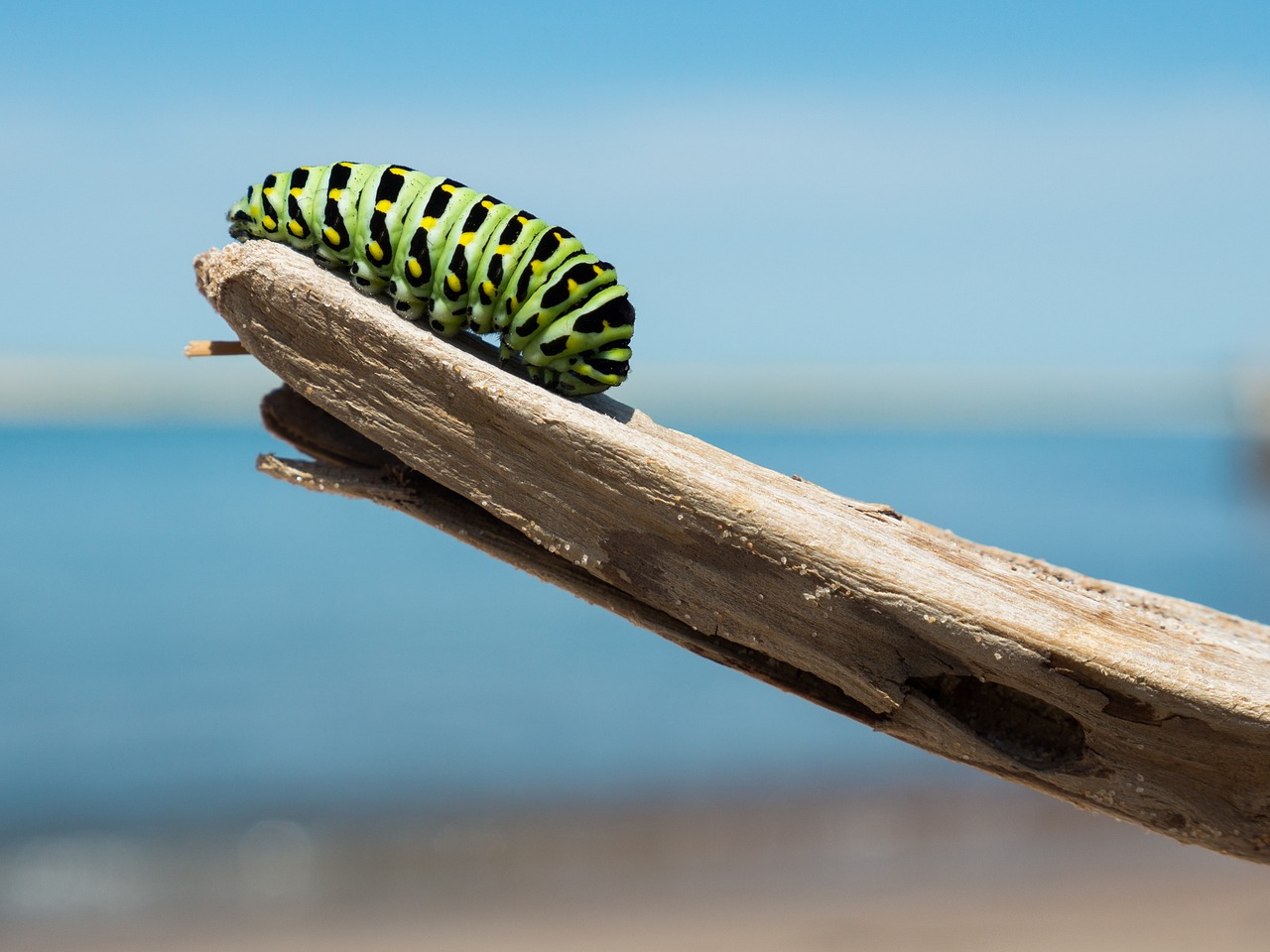
Wasps eat a variety of different bugs. There are many types of wasps, but most are carnivorous creatures.
Therefore, they’ll eat spiders, caterpillars, ants, bees, flies, beetles, crickets, aphids, grasshoppers, cicadas, whiteflies, and sugar cane borers.
It’s common in some parts of the world for farmers to release wasps in their crops to eat the pests which threaten to eat their crops.
Though you must watch for them to avoid unwanted stings, wasps can be beneficial bugs for your garden.
2. Honeydew and We Aren’t Talking About the Melon
When I first heard wasps ate honeydew, I thought, “Oh, like the melon!” Boy was I wrong. Honeydew develops when an aphid or other insect drain the sap from a tree or plant.
As they process it, the left-over sap will sometimes hang from the backside of the insect. It looks like a small drop of dew.
This is referred to as honeydew, and the wasps will drink it from the hindquarters of other bugs to keep themselves fed.
It may sound gross, but it keeps the bugs from dripping it elsewhere which would become a sticky mess for plants in your garden and ultimately draw more bugs.
3. Human Food
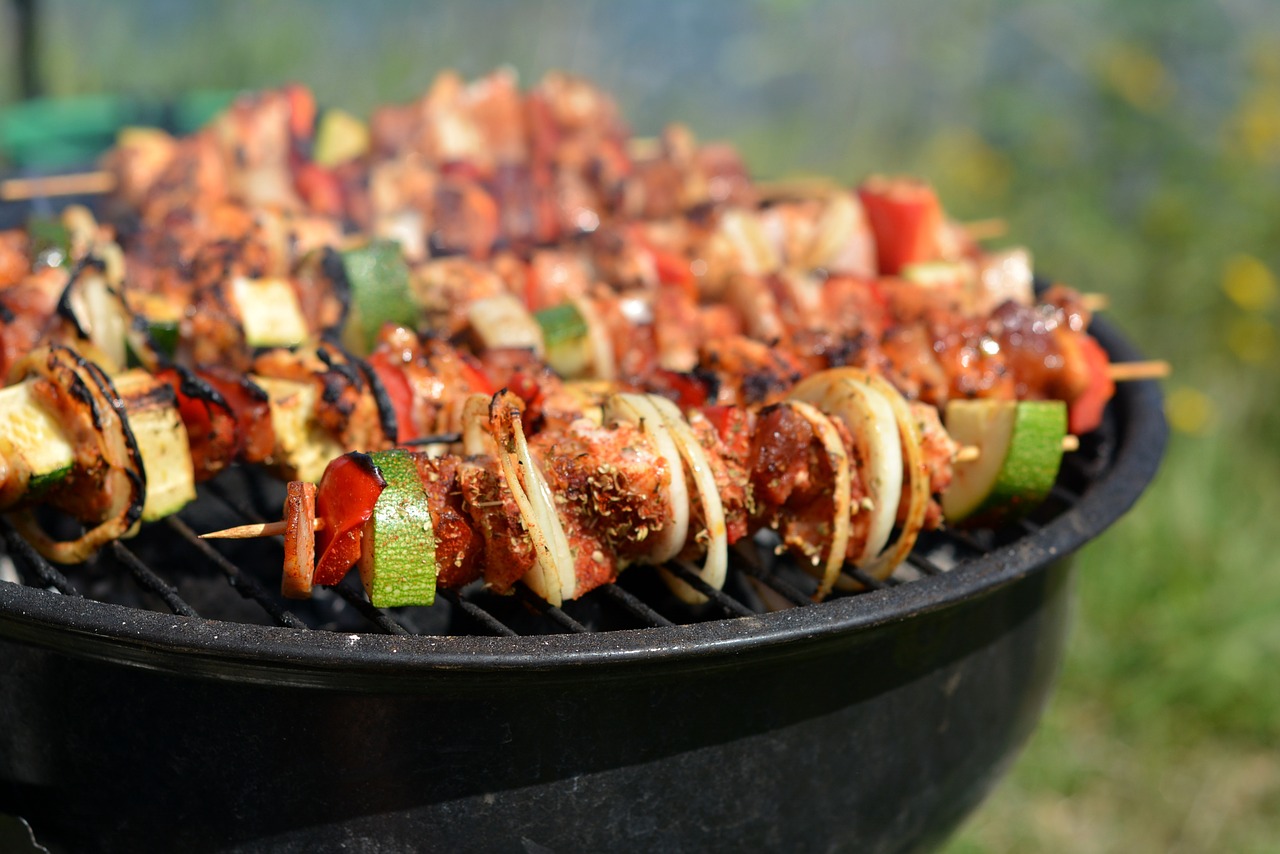
We love the foods we eat. Therefore, it shouldn’t come as a surprise, wasps enjoy our food too. If you see a wasp hanging around your picnic or compost pile, chances are they want to dine on what you’re eating.
If you want to attract wasps to your property, leave your compost pile accessible or set out scraps. If you want to avoid wasps, make sure your food sources are locked down tightly.
4. Fruit and Nectar
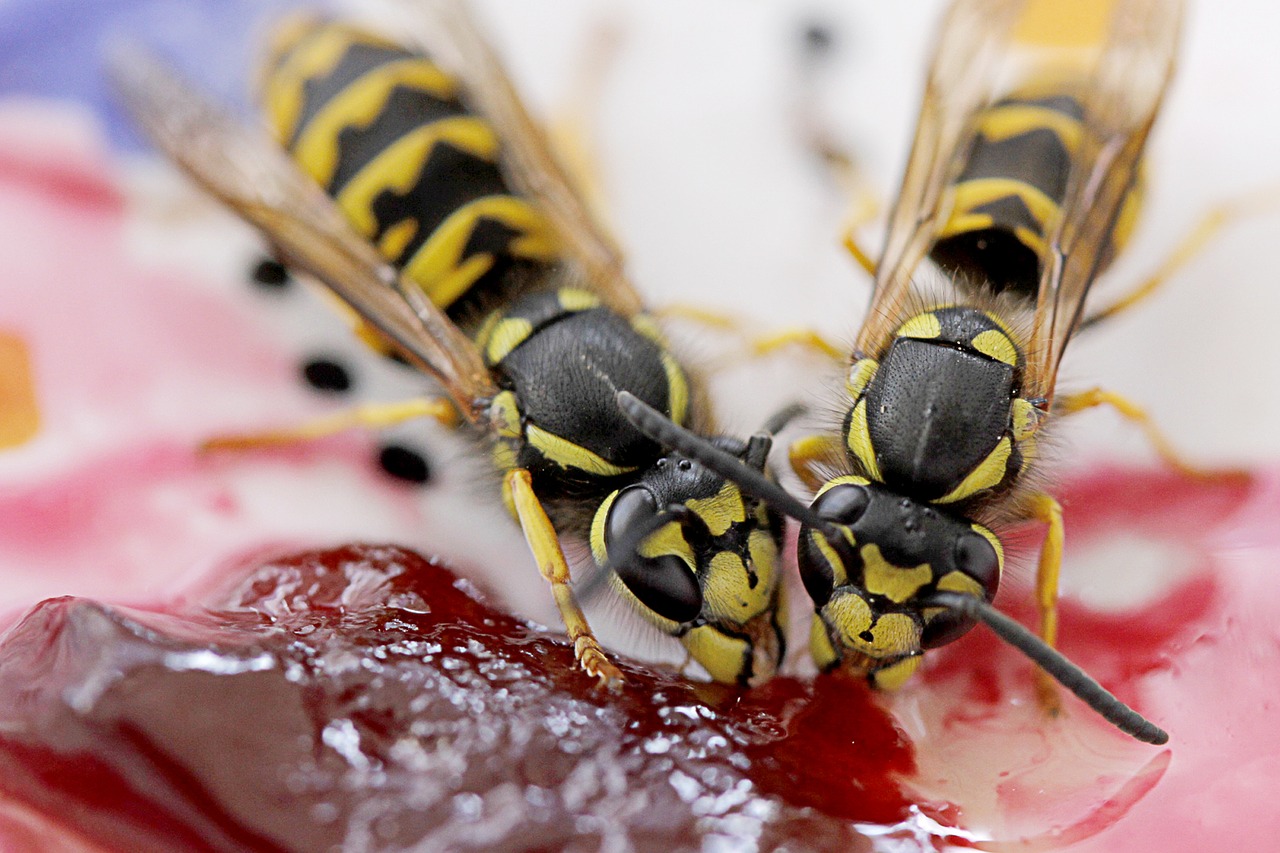
As with most insects, wasps enjoy the sweetness of fruit and nectar. If you have an orchard or a single fruit tree in your yard, the fruit will attract them.
We have to dodge wasps constantly when picking blackberries because they love them as much as we do.
If you have rotting fruit left on the ground, they’ll be attracted to this as well.
5. Honey
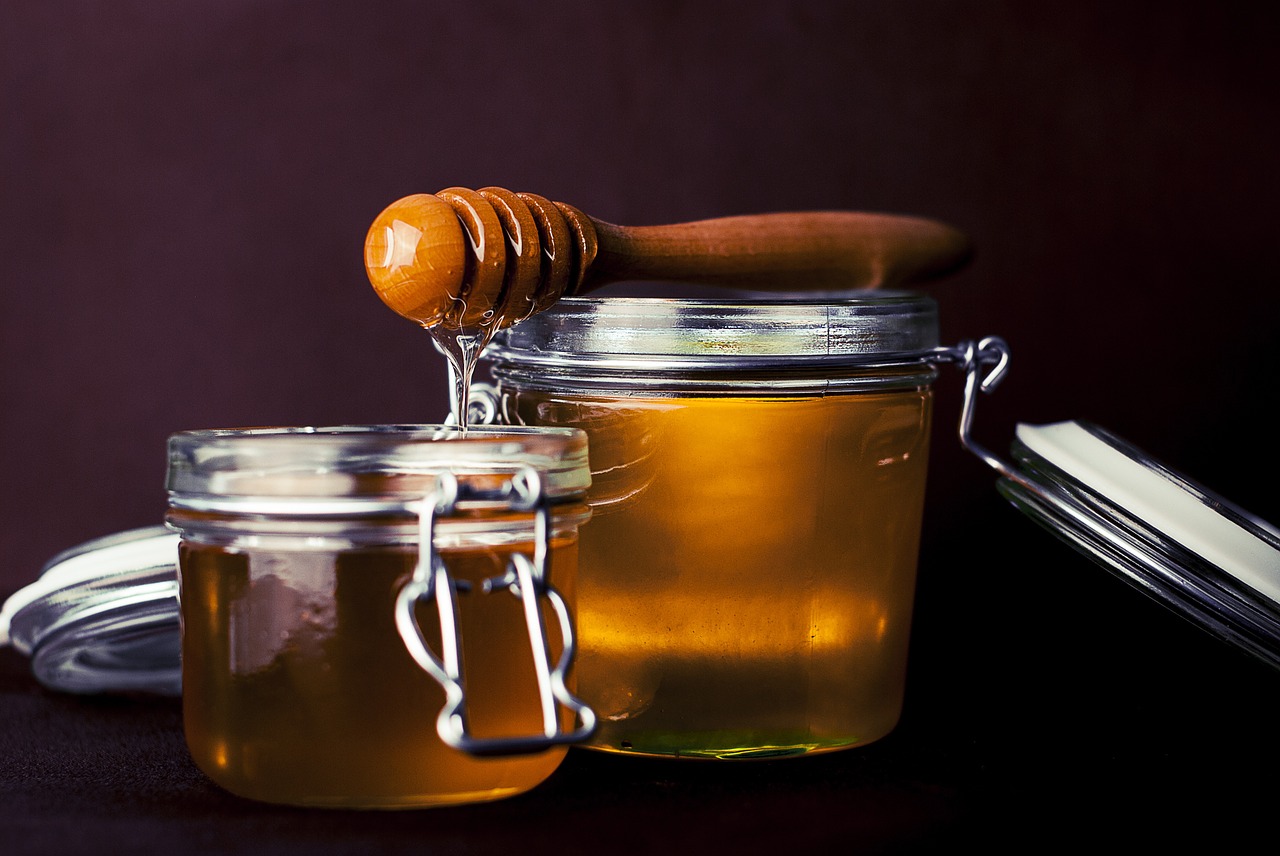
We raise honeybees. They’re fascinating little creatures, but you must watch their hives closely. If the bees become too productive, they’ll require a split before they swarm.
However, if the hive becomes weak, it’s susceptible to being attacked and robbed of their honey. You guessed it; wasps enjoy honeybees’ honey too.
If you’re eating something with honey in range of a wasp, or if you raise bees, you’ll most likely have wasps hanging around you or your yard.
6. Plants
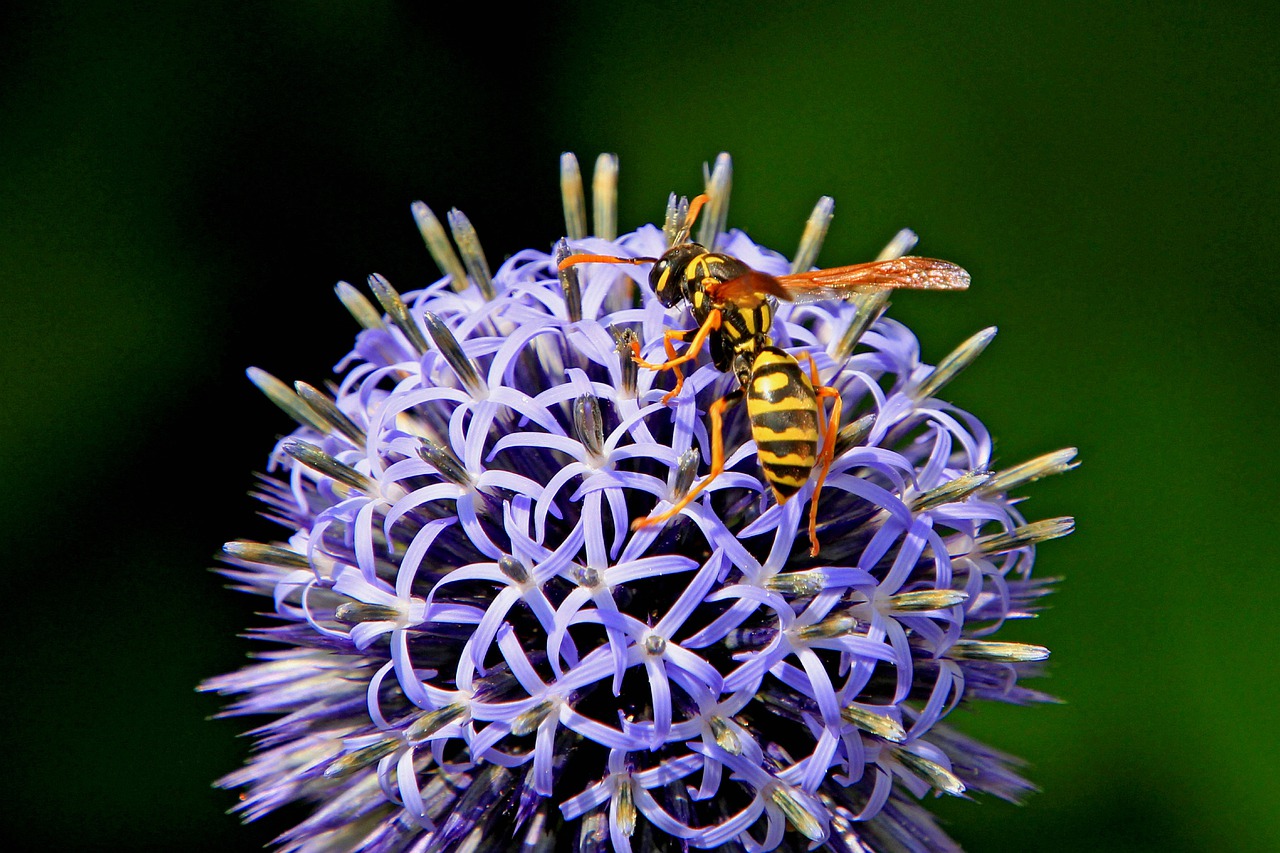
Wasps are beneficial to plants. It isn’t common knowledge, but wasps are amazing pollinators. If you want your garden and flower beds to do well, you want wasps to visit your yard.
If you’d like to draw wasps, try planting a pollinator garden and incorporate a few of their favorite plant varieties. They enjoy spearmint, sweet fennel, and Queen Anne’s Lace.
How Do Wasps Benefit a Garden?
Wasps have a bad wrap because their stings hurt. However, they serve a couple of useful purposes around your land.
If you’re an avid gardener, wasps are your friends. As they fly around feeding on your plants, they also help with pollination.
Wasps are good for more than pollinating, though. They also rid your plants of insects which harm your garden.
Because wasps are carnivorous, they eat many of the insects which do the greatest damage to your garden.
Are They Eating, Laying, or Feeding?
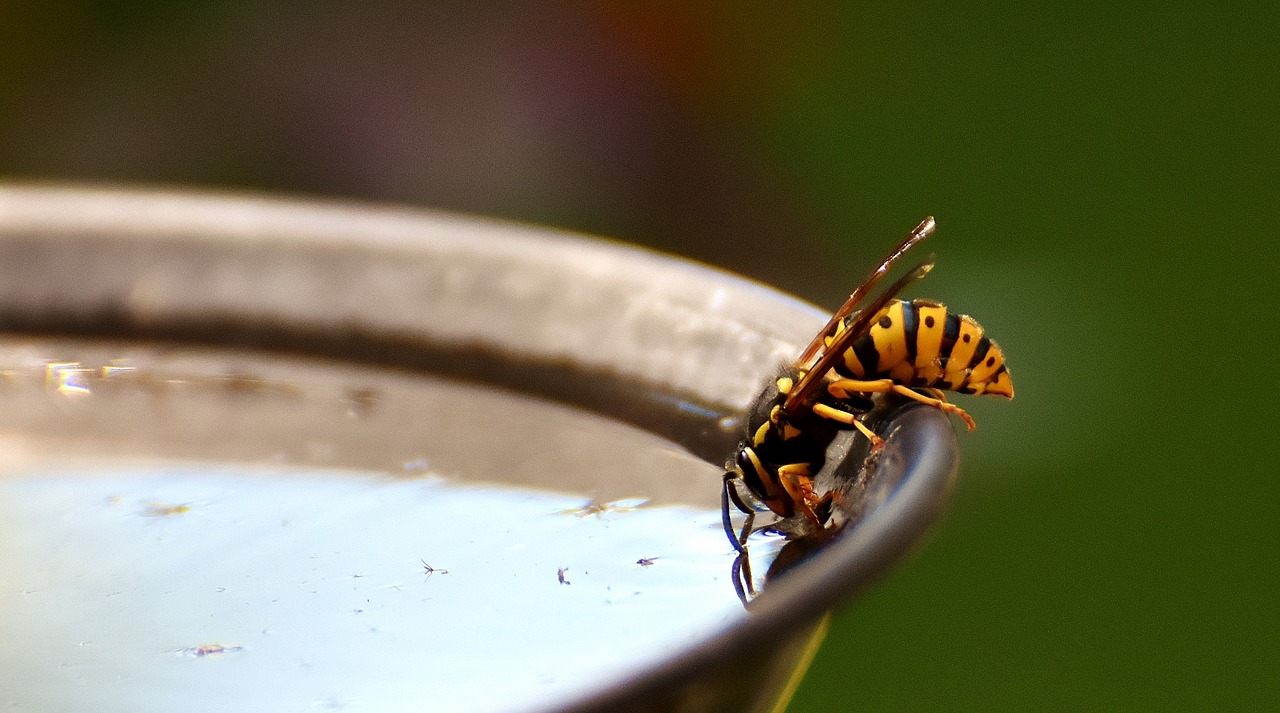
Wasps are interesting creatures. You may not have realized this because most of us try to keep our distance.
When you see a wasp flying around your garden, gathering food, you may not know what’s going on. I want to share a few interesting facts about wasps to spike your curiosity and increase your appreciation for these creatures too.
To begin, wasps don’t eat every insect they catch. Some they will choose to lay their eggs inside. The chosen insect becomes a host insect.
When wasps eat their prey, they paralyze them stopping their ability to fight back. Sometimes wasps will eat them, other times the wasps will place their eggs inside them.
As the eggs hatch, the larvae will remain safe inside the insect’s carcass. When the larvae grow into wasps, they’ll eat the insect they’ve been living inside of.
But what do they do for food while still in the larval state? Wasps don’t lay eggs and abandon them. Instead, the parent wasps will hunt insects, paralyze them, rip them apart, and drop the remains inside the host insect to allow the larvae to feed.
When you see a wasp flying around your area carrying food, you don’t know if it’s for their own sustenance, to lay their eggs inside, or to feed the young which have already hatched.
Hopefully, this information will give you a greater understanding of wasps. They do serve a useful purpose, but you may still wish to avoid them.
Take away their food source, and they’ll have less of a reason to hang around your homestead.
However, if you choose to embrace wasps, you may want to plant items which draw them in. This will allow the wasps to work for your property while you gain interesting insight about their ways… from a distance, of course.
Nature is quite fascinating. The more we study it and wonder what do wasps eat, the more amazed we should become by it.

